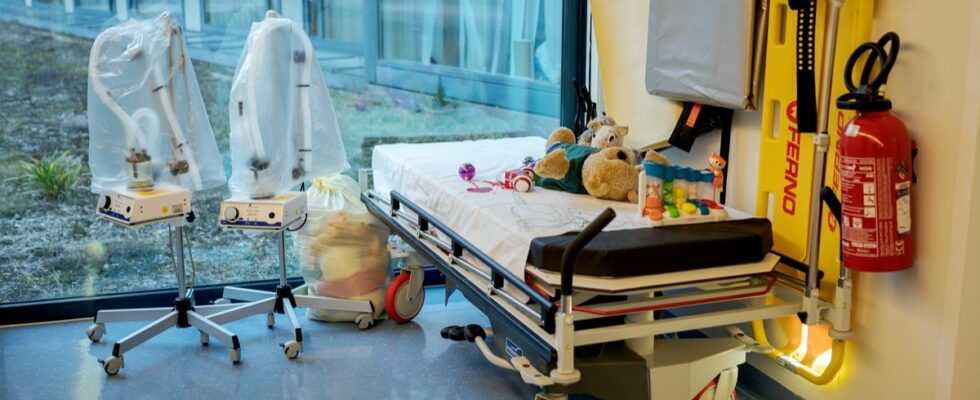Since the appearance of a form of childhood hepatitis of unknown origin, several countries have reported cases. First identified in the United Kingdom, it now affects four other European countries.
“Following the reported cases of acute hepatitis of unknown origin by the UK Health Security Agency” in early April, “additional cases in children have been reported in Denmark, Ireland, the Netherlands and Spain “Said the European Center for Disease Control and Prevention (ECDC) on Tuesday.
For the time being, investigations are continuing in these countries, in particular to establish the origin of this form of hepatitis. British investigators are leaning towards an “infectious cause”.
In France, an “active search for cases” has been initiated. To date, two cases of acute hepatitis in children under 10 and “whose etiology is still undetermined” have been reported by the Lyon University Hospital. Investigations are underway, Public Health France told AFP.
The agency wants to be reassuring, however, stating that “cases of acute hepatitis of undetermined etiology in children are not uncommon”. There is not “at this stage, an excess of cases in France”, further underlines Public Health France.
WHO is monitoring the situation
The case started at the beginning of April when the United Kingdom reported to the World Health Organization (WHO) ten cases of severe hepatitis in Scotland. These are then 74 cases, which were listed three days later.
This form of hepatitis, different from the usual viruses A to E, mainly affects children under 10 years old and manifests itself by symptoms such as jaundice, diarrhoea, vomiting and abdominal pain. This acute childhood hepatitis has not caused any deaths, but some of the most serious cases have required liver transplantation.
The WHO said it was “monitoring the situation closely”.
